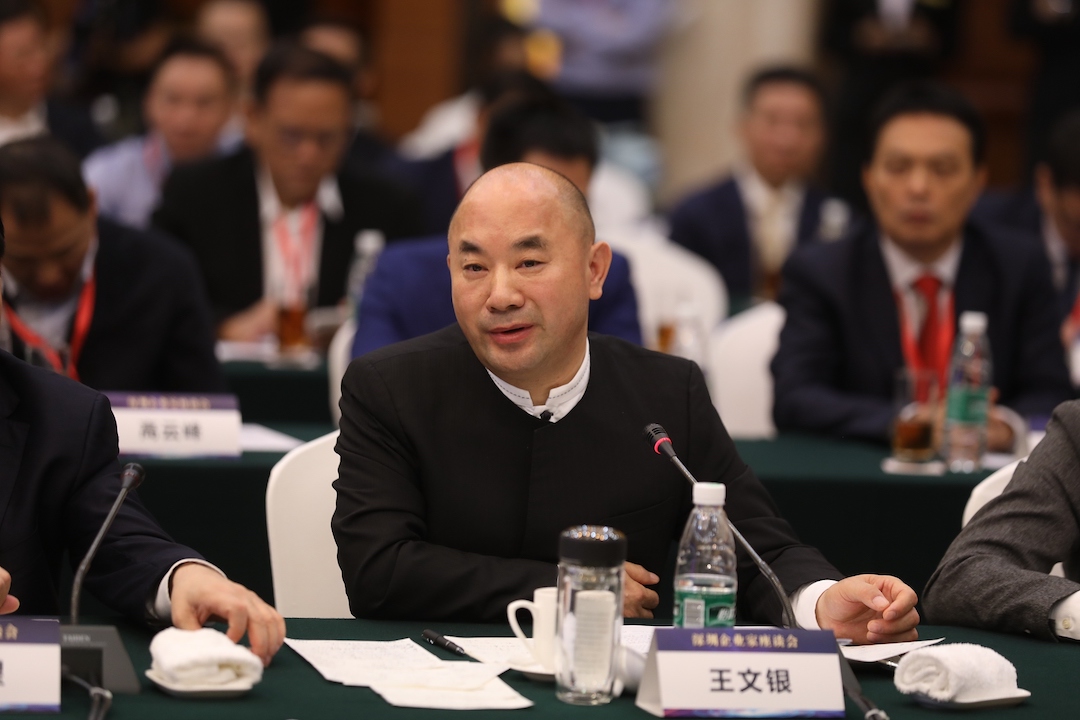The Rise and Fall of China's Copper Mogul: Wang Wenyin's Journey
~ By Sujeet Rawat
Oct 1 2024, 04:22 PM

Wang Wenyin, a name that once resonated with power and success in China's business circles, began his journey with little more than determination and a modest 400 yuan in his pocket. Arriving in Shenzhen during the 1990s, Wang capitalized on the infrastructure boom, using his skills in self-promotion and his ability to attract local authorities keen on investment. Over the next few decades, his company, Amer International, grew into one of the largest players in China's copper trade, controlling a significant portion of the country's copper imports.
Wang’s empire wasn’t just built on copper; he also ventured into creating industrial parks and secured favourable government deals. These moves helped him amass great wealth during China's rapid urbanization. By 2017, Wang made headlines by supporting Hui Ka Yan, the founder of China Evergrande Group, a gesture that reflected his significant financial standing at the time. But the same strategies that once made him successful also contributed to his downfall.
Wang's success was closely tied to China's booming economy, which offered easy access to credit and government support. By using industrial parks as leverage to secure loans, Wang expanded his business rapidly. However, the property market downturn and tighter government regulations turned this strategy into a liability. Many of his industrial parks failed to meet expectations, and some were never even completed. The copper king's fortune began to unravel as debt piled up, eventually leading to legal claims totalling 10.9 billion yuan ($1.6 billion) in unpaid obligations.
The story of Wang Wenyin reflects the larger narrative of China's shifting economy. His rise mirrored the country's rapid growth, but his downfall underscores the fragility of a system built on debt and speculative property ventures. As the Chinese government cracked down on excessive borrowing and speculative real estate projects, Wang's empire started to crumble.
Wang's industrial parks, once touted as high-tech hubs, were often filled with less advanced manufacturers. Promises of jobs and revenue never materialized in many cases, leaving local governments and business partners frustrated. By 2022, his company had recorded $112 billion in revenue, but mounting debts and legal challenges threatened its survival. The collapse was swift, and within months, major industrial parks had shut down, and several senior managers had left the company.
ALSO READ| Israeli Airstrike Kills Hezbollah Commander Ibrahim Qubaisi, Escalating Israel-Hezbollah Conflict
As Wang faced increasing legal pressure, including restrictions on his spending and frozen assets, his business empire seemed doomed. Although his exact whereabouts are unknown, it is believed that Wang is still in China, hiding from the public eye as his once-mighty empire continues to disintegrate.
Recent Posts
Trending Topics
Top Categories
QUICK LINKS
Copyright © 2024 Arthalogy.com. All rights reserved.
